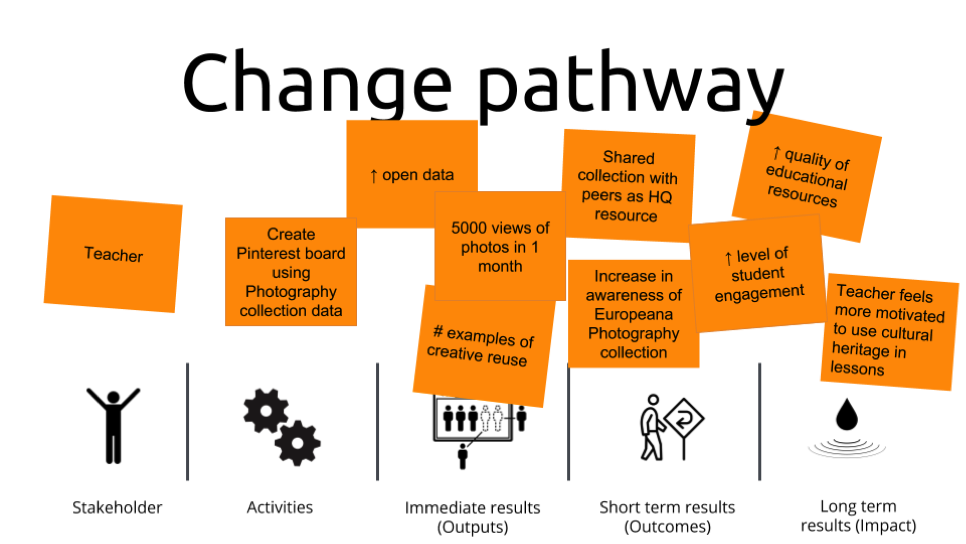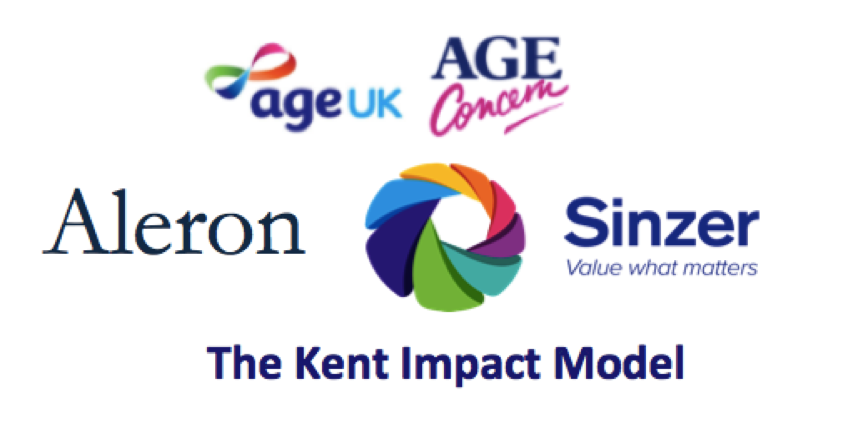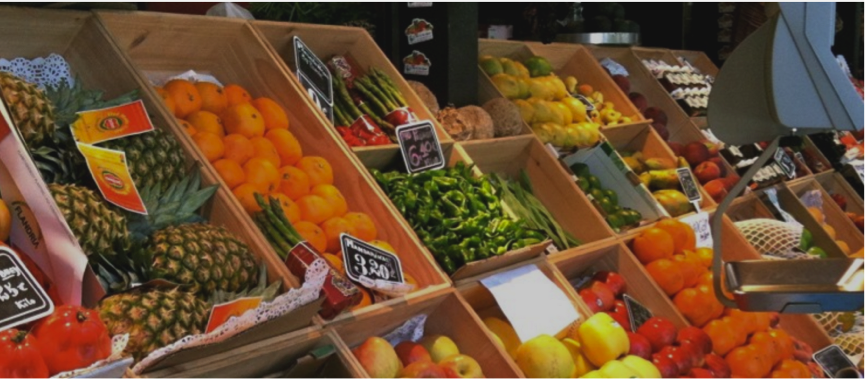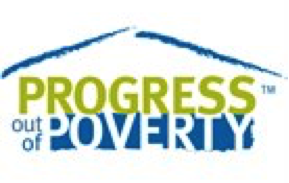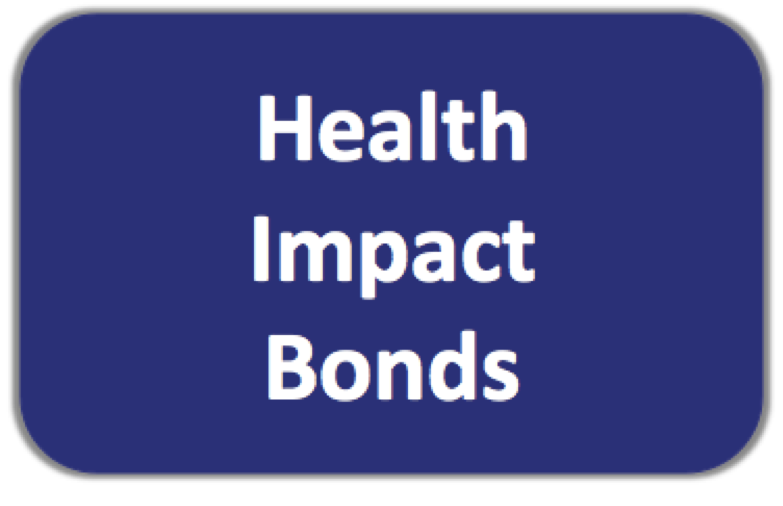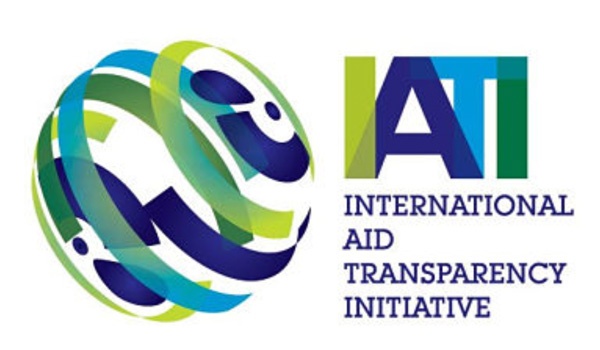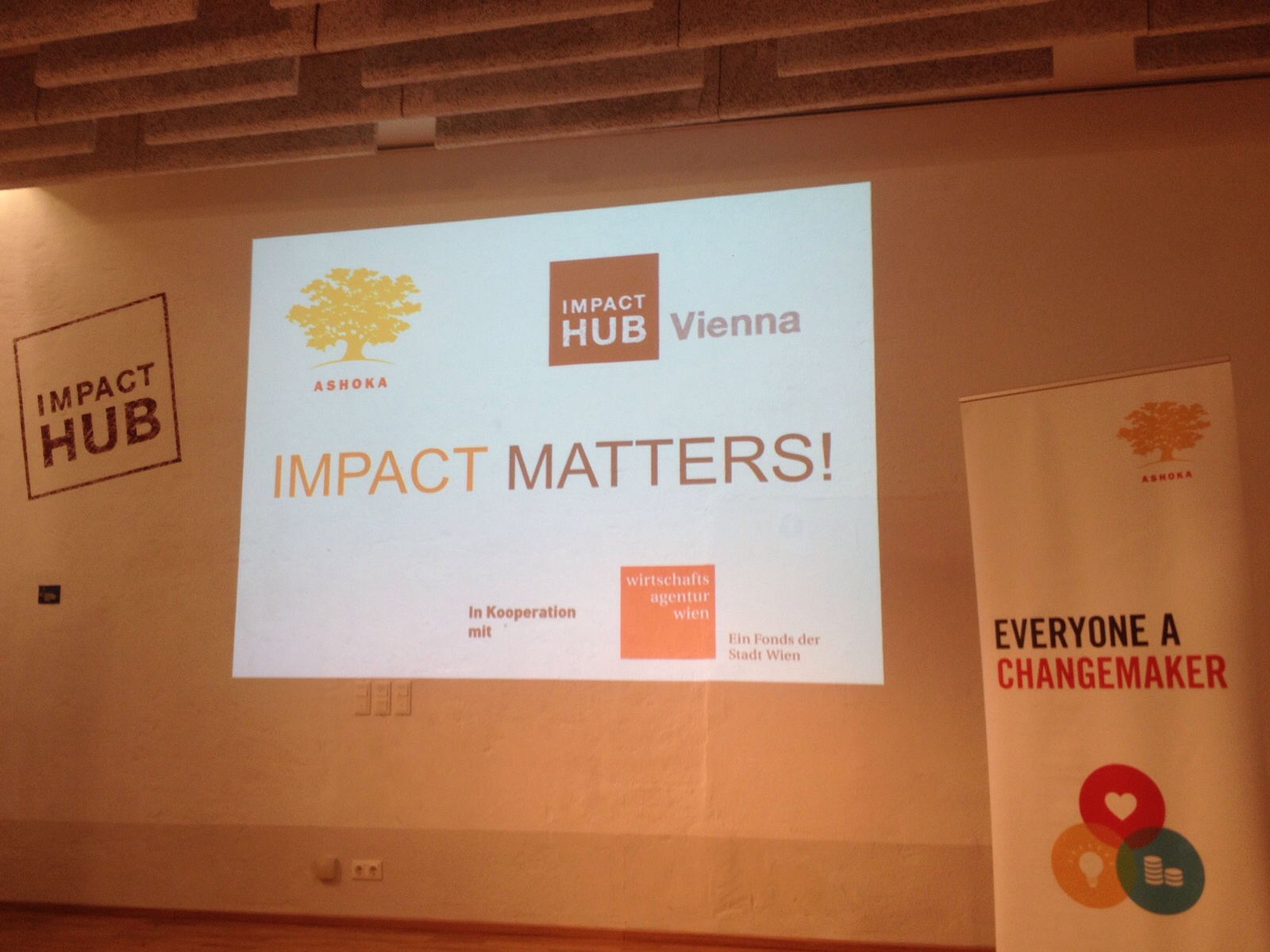Europeana, the network for the cultural heritage sector in Europe, believes making cultural heritage digitally available and accessible is important. But why exactly? What is the value of this? Who benefits from it? What changes does it create? Or in other words: what is the impact of Europeana?
Europeana has certain impact goals, such as contributing to creating a shared European identity. Europeana strongly believes in being specific about the changes you aim to create, and in testing whether you are indeed creating these changes. This is the reason Europeana recently engaged Sinzer and embarked on a journey to assess the impact of Europeana Research, and the curated collections Europeana Fashion & Europeana Photography. The aim is that through this assessment, general learnings about the impact of Europeana in general can be drawn as well.
Before impact can be measured, it's crucial to define the outcomes and impact you intend and expect to happen; designing the Theory of Change. During this phase several multi-stakeholder workshops were held for Europeana Fashion, Photography & Research. In these session intended and expected impact was ‘mapped’ by answering questions such as: who experiences change as a result of accessing or providing data? What changes do these groups experience? How can this be influenced by changing the offering or services? Or, to be more concrete: does accessing heritage material through a Europeana service increase people’s knowledge about historic events and different cultures? And does this affect their behaviour towards others or life itself? Does Europeana through Europeana Fashion, Europeana Photography or Europeana Research ‘make life easier’ for researchers and professionals who rely on cultural heritage for their work? And is this important to them?
Once we had identified the activities that would ultimately lead to impact, and some of the steps in between, we turned our attention to how we could evidence this. Taking each stakeholder, we look at what changes we thought most important to measure, and identified what we could ask in a survey to gather data for those measurements. After the sessions, the impact ‘mapping’, including these measures (indicators), were translated into several surveys, which are currently being used to collect data from a variety of stakeholders like Galleries, Libaries, Archives and Musea (or in short: GLAMs), researchers, designers, professionals, and general users. Results are expected to be ready in September.
While Europeana expects that the insights from the reports will help demonstrate the importance of their collective existence and work, it will also provide tangible management information: what can they do differently in order to create more impact? Assessing impact is not seen as a one-off exercise, but rather as the start of an ongoing impact management process that stimulates continuous learning and improvements.
Would you like to help Europeana in this process? Have you visited the thematic collections of Europeana Fashion, Europeana Photography or Europeana Research? Take the 10 minute impact survey.
-1.jpg?width=232&name=GT%20Sinzer_logo_screen_descriptor%20(1)-1.jpg)


